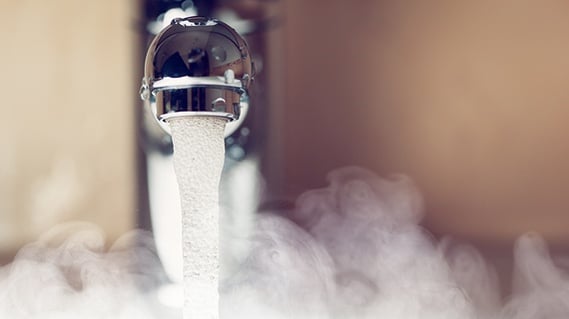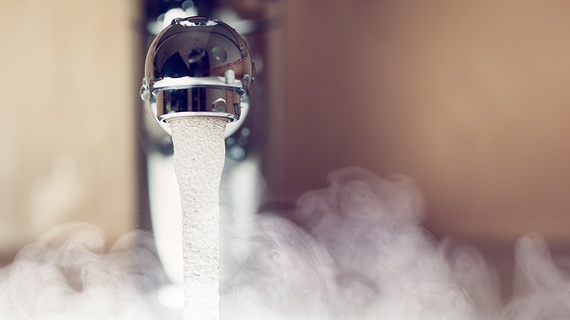
Legionella control is a big industry in the UK. A quick online search reveals countless water treatment companies up and down the country offering to help organisations with their legionella compliance responsibilities, as well as related tasks like TMV servicing and water tank replacement.
But do you really need a water treatment company to achieve legionella compliance?
The HSE’s official guidance
According to the HSE official guidance on the subject, the answer is no – you simply need to appoint a so-called “competent person” to do the job, whether that’s you, one or more of your employees, or someone from outside your business.
In L8, the Approved Code of Practice, it states:
“The appointed competent person or persons should have sufficient authority, competence and knowledge of the installation to ensure that all operational procedures are carried out in a timely and effective manner. Where the duty holder does not employ anyone with the necessary competence, they may need to appoint people from outside the organisation.”
What makes a competent person?
Of course, before you appoint a competent person, it’s important to identify whether or not the candidate you have in mind is actually sufficiently skilled to assess and manage the legionella risk in your business. Consider the following:
- Are they fully aware of the potential sources of legionella, the conditions that encourage its growth and the risks they present on your premises?
- Do they understand the precautionary and remedial measures that might be necessary to keep the risk under control, such as water chlorination and tank repair? And are they able to implement them competently?
- Do they have the ability and resources to monitor the level of risk over time, and review any legionella control measures to ensure they remain effective and compliant?
Your legionella control duties
Moreover, remember that achieving legionella compliance can be resource-intensive in certain environments. If your level of risk is high – in a hotel, for example, where showers, hot tubs and spa facilities are common, and where some rooms might sit unoccupied for significant periods of time – then you might need to undertake control measures more often your counterparts in other industries.
If you don’t have the resources available in-house to carry out the follow-up actions in your legionella risk assessment, you should contract a water treatment company to do the work instead. After all, even a small lapse in your legionella control duties could put you at risk of a Legionnaires’ disease outbreak or a penalty for non-compliance.
Choosing a water treatment company
Should you decide to use a water treatment company, be diligent: it’s important to find out whether a potential partner is competent and well-resourced enough to meet the needs of your business. In particular, look for experience of your industry, an expert workforce, and the ability to visit your site sufficiently regularly to ensure your continued compliance.
Membership of a scheme like the Legionella Control Association is a useful indicator of a water treatment company’s competence.
Finally, to learn more about your legal responsibilities and where you might need outside help, we recommend reading our free legionella compliance checklist. Based on L8, it explores the finer points of a full range of legionella compliance duties, including appointing a competent person, conducting a legionella risk assessment and implementing control measures.








